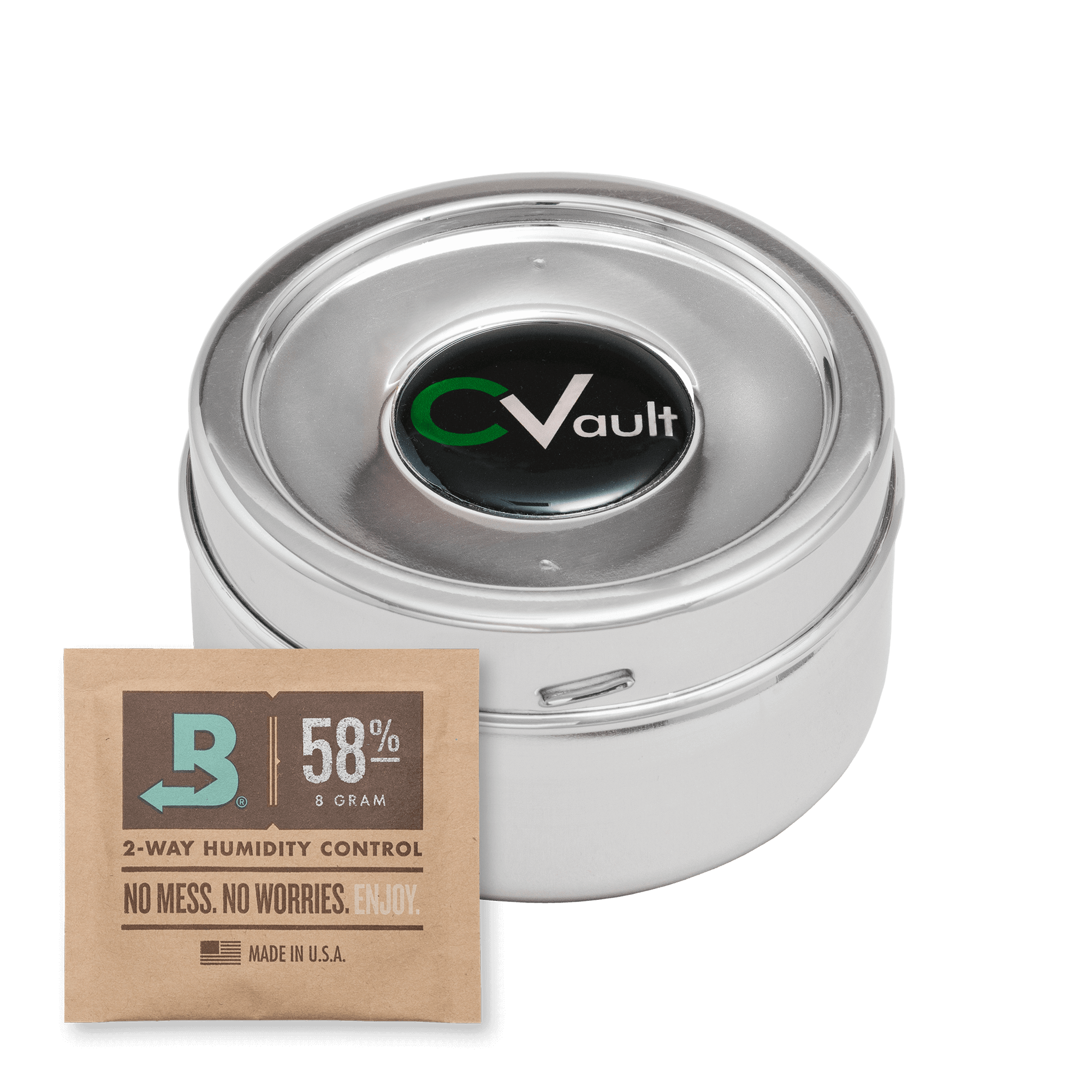Feds Move to Acknowledge Medicinal Cannabis for Mental Health and Substance Use

Could medical cannabis mental health treatment soon be an option? It’s been a long, slippery slope for ideas around cannabis, addiction and mental health. From mental health clinicians to addiction and recovery providers, there’s also been apprehension in accepting the plant with countless medicinal properties as a possible treatment for those suffering with mental health or addiction concerns. One viable reason for the trepidation: a noticeable lack of proper cannabinoid education in medical and psychiatric schools of medicine.
Despite the lack of adequate endocannabinoid education, there are some significant shifts towards acceptance happening. The Substance Abuse and Mental Health Services Administration (SAMHSA) moving to loosen previous funding recipient requirements is just one move towards federal acceptance. Below we’ll explore SAMHSA’s move, why, who it affects and what we can expect going forward.
SAMHSA and Medical Cannabis Mental Health Treatment
In August of this year, the Substance Abuse and Mental Health Services Administration (SAMHSA), a federal oversight and funding agency, loosened grant funding restrictions for state health providers and other organizations that permit patients to use medical cannabis for mental health treatment or substance-use issues (substance use disorder is regarded as a mental health condition in the DSM-5, the standard diagnostic manual used by mental health professionals).
Prior to last month’s move it was clearly outlined that no federal funding shall go to anyone who provides medical cannabis or mental health treatment for substance-use disorder or a mental health condition. The latest policy amendment loosens grip on withholding funds and could be a potential glimpse into what full-scale federal legalization may look like. Especially for those seeking help for mental health and addiction treatment.
What Led to This Federal Agency Moving to Acknowledge Weed?
The catalyst that prompted the move to loosen federal funding restrictions came in May of 2020, when the state of Maine’s Department of Education announced that they would no longer be “eligible for certain federal funds to support mental health programs in schools because the state allows students to access medical marijuana”. The legislation further went on to stipulate that federal dollars shall not go to specific institutions that permit the use, sale or distribution of cannabis for any medicinal or recreational purposes.
Maine officials came out publicly once they noticed the new language, outlining the 3.3 million in school grant dollars pre-allocated to the Maine school board and to be used specifically for mental health programming, was now in jeopardy due to SAMSHA’s restrictions. According to Americans for Safe Access, twelve US states plus Washington, D.C permit students holding a valid medicinal cannabis card to access medicinal cannabis in schools, regardless of age.
Maine’s outspoken stance on federal restrictions, especially during a time when decriminalization was gaining momentum, must have made some noise in the otherwise rigid federal organization. Just some months later, news was shared that a Pennsylvania Department of Drug and Alcohol Programs noticed the previous language missing, leading many in the cannabis, mental health and addiction recovery communities to believe that a newer, less restrictive relationship with federal agencies like SAMHSA.
What This Could Mean For Cannabis Patients
Well, for starters this means that if you are a student, patient or member of a federally funded program like an educational institution, community organization or mental health and addiction treatment center, you can nearly count on the fact funding won’t be restricted due to whether or not your state currently allows legal cannabis use. This timely shift could ultimately change perceptions and attitudes about the acceptance of medicinal cannabis for mental health.
A Look Ahead
Decades of prohibition and propaganda surely led to many of the restrictions organizations and institutions have faced when trying to apply for government funding. This has also put a kink in the ability for medical cannabis to be a mental health treatment. A Schedule-1, federally illegal substance, cannabis has long been criminalized by communities organizations, institutions and agencies that serve the public. While states and municipalities across the country move to decriminalize medical and recreational cannabis, it’s safe to assume that a look ahead means more agencies, institutions and anyone else applying for federal grant monies may have one less hurdle to jump to serve their intended populations.
At FreshStor, we’ve created the world’s smartest storage and curing container, but we also work to educate people about the industry and any changes to cannabis legalization. Learn more about changes to cannabis laws and more when you follow along with FreshStor!


